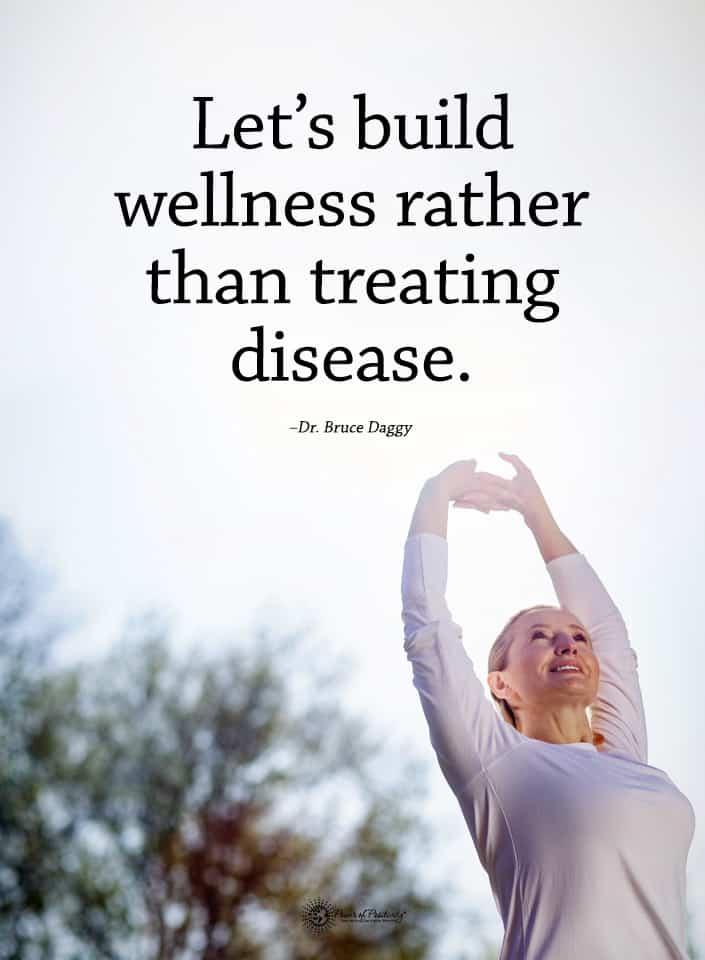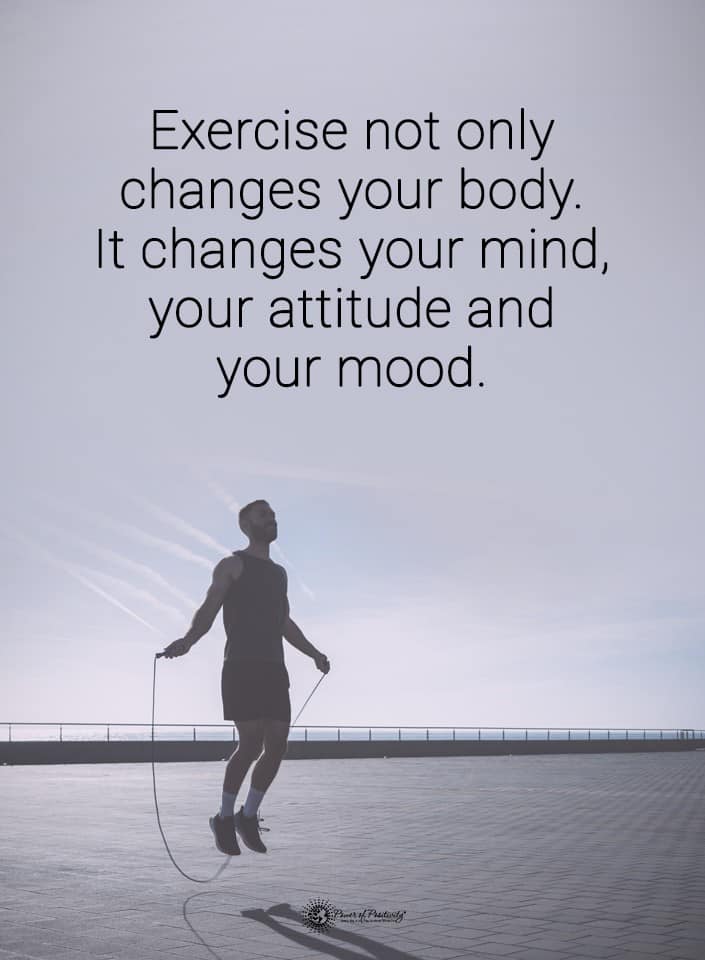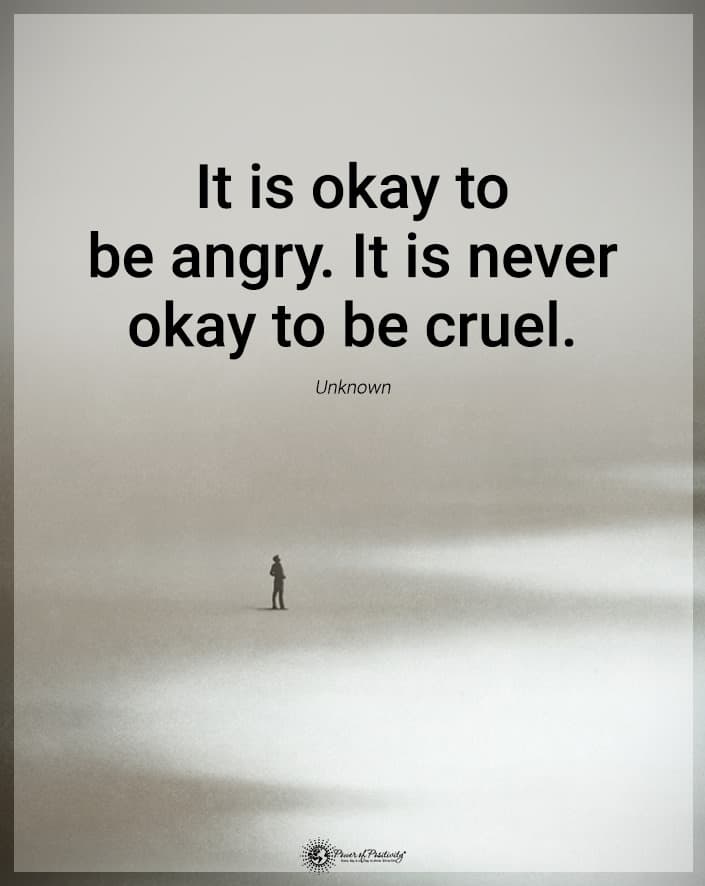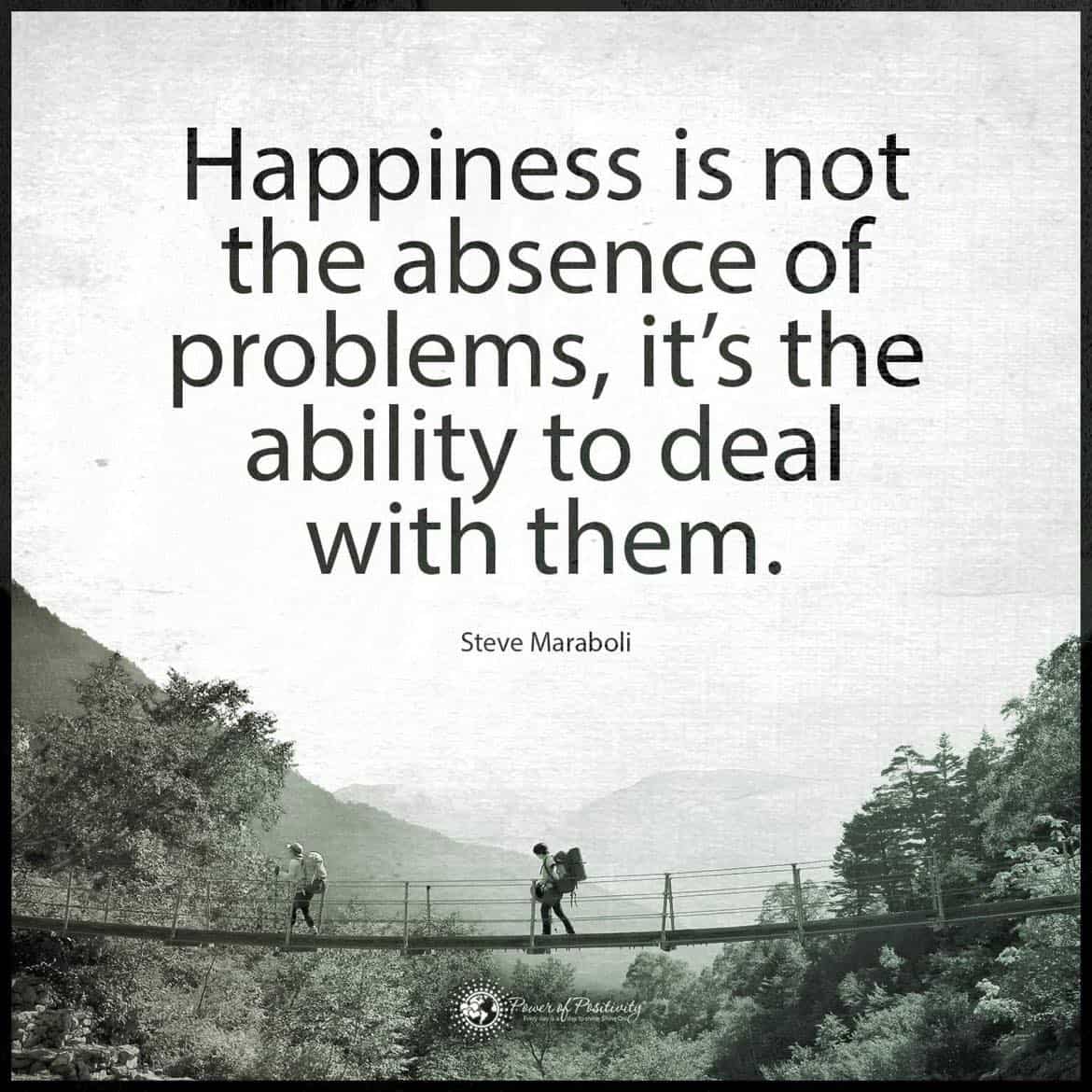You are going to argue with your partner, eventually. That is totally normaly.
That’s right. Every relationship will, at one point or the other, have some sour moments where you cannot avoid it.. No matter how long a couple has been with each other, they will always have to deal with one issue or the other at certain times of their union.
Petty things and even bigger issues will come to play, but how couples argue about these issues strongly impacts the quality of their relationships. The most valuable skill is communication, as it can derail any potential disaster. When arguments are well constructed, it helps with a better resolution, making learning how to communicate correctly a very important virtue.
One good thing about conflicts is that when they are handled rightly, they strengthen the relationship. It is a process where the couple can disagree on issues peacefully and come out with a better understanding and resolution of such issues. When this is achieved, it establishes a stronger relationship and instills mutual respect among the couple. Holding onto resentments will only drain the happiness and gradually destroy an excellent relationship.
It is very important to know that an argument is a pathway to a better understanding and growth in your relationship. It is pertinent to understand that your partner is not an enemy to be destroyed but a loved one with whom you want to establish an understanding based on your perspective on a particular subject. Therefore you shouldn’t see yourself as a soldier in front of an enemy; it’s not a war game.
Five Rules to Argue Fairly With Your Partner
While we’re certainly not promoting an argument. But when it does happen, here are five ways to argue with your partner. The right way…

How you respond is key!
Many people often react rather than respond to issues. It is a very important skill to differentiate between both terms as this will be beneficial to your relationship and even your communication skill generally.
When you respond instead of reacting, it sets you in control of the situation and helps you scrutinize the conflict better. Thus, it becomes easier for you to weigh the options and decide on the right response to manage the conflict. But when you react, you may say some things that you will later regret saying, and the bad side of this is that. You cannot reverse your words later.
This can be difficult to practice in real-time, but you have to learn how to control your emotions and manage your immediate reactions. Anything short of this will only escalate the conflict.
Don’t raise your voice.
Raising your voice against your partner while you are trying to prove a point in an argument is not ideal. It will only lead to more negative reactions. Let your communication be polite and detailed as you try to prove your points from your perspective. On the other side, if your partner is shouting you down you must politely call their attention to it. The tone at which you communicate is very important. Conflict resolutions can only get better when the issues are dealt with in the right manner.
Take ownership of your part.
It is only in the rare case that a person can be without blame on issues. Don’t avoid taking responsibility for your faults. Some people even exaggerate stories so that they can be on the winning side. Remember it’s not a game and that your partner is not an enemy you desire to crush. It’s just a conflict that needs to be resolved. Taking responsibility for your faults in the conflict helps you work things out and both parties can see things from a better side of view and with a better understanding.
Remember that fighting dirty isn’t worth it
Never allow anger lead you to violence or any other form of abuse. Emotional or physical abuse on your partner will only end in regrets. Be careful not to resort to using words hurtfully, trying to put some guilt on your partner.
For instance, you may accuse them wrongly that they don’t show equal lovet he has given up his happiness for you so many times. This will leave them deeply hurt even after the conflict has been resolved. They may see you as an ingrate.
Always remember that there have been good times and there will be more after this conflict has been resolved. Try as much as possible not to leave stains that won’t go away easily.
Related article: Here’s why couples who argue love each other more…
Be the peacemaker
A soft approach will surely put away wrath. When you choose to see the conflict and choose to ensure peace, it disarms your angry partner and presents you to be more reasonable and mindful of the relationship.
It becomes easier for your angered partner to deal with the anger and pain which will, in turn, lead to forgiveness easily. If your partner chooses to remain on the furious side after you have offered peace genuinely, you may have to leave for a while as some people may need some time alone for them to get over their emotions. However, you have done a great deal trying to establish peace and even your partner has that registered in his heart.













